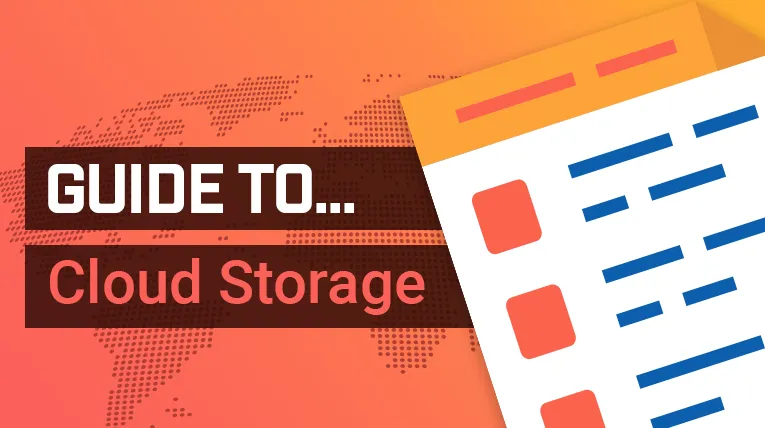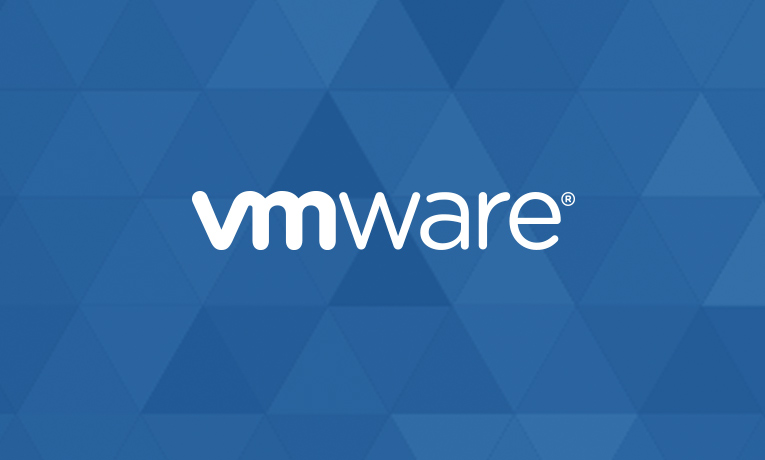Don’t Lose Data! Discover the Best Cloud Backup Solutions Today
Last Updated: December 10th, 2024 6 min read Servers Australia

Data is the foundation of every business in today’s digital world. From customer details to financial records and operational files, data is what keeps your business running. But what happens if that data is lost? The consequences can range from temporary disruptions to permanent closure.
Cloud backups provide a modern, secure, and efficient way to protect your data. This article explains cloud backups in simple terms, highlights their importance and provides insights on how to implement them effectively, even if you’re not a tech expert.
What Are Cloud Backups?
The Basics Explained
A cloud backup is a service that securely stores your data on remote servers instead of on physical devices like USB drives or local computers. These servers are located in professionally managed data centres and can be accessed over the internet.
Think of cloud backups as a virtual safety deposit box. Instead of storing your valuables in a drawer at home, you store them in a secure vault that you can access from anywhere.
Top 5 Benefits of Cloud Backups
Accessibility: Access your data from anywhere with an internet connection.
Automation: Cloud backups are typically automated, meaning your data is saved on a schedule without manual effort.
Scalability: Easily adjust storage capacity as your data grows.
Cost-Effectiveness: Save your business money by avoiding the need to maintain physical storage systems.
Enhanced Security: Leading solutions include encryption, firewalls, and advanced monitoring to protect your data.
But what happens if that data is lost? The consequences can range from temporary disruptions to permanent closure.
Why Are Cloud Backups Essential?
Preventing Data Loss
Data loss can happen for many reasons:
Hardware Failures: Physical storage devices can fail unexpectedly.
Natural Disasters: Fires, floods, and other disasters can destroy local storage systems.
Cyber Threats: Ransomware and other attacks can make your data inaccessible.
Human Error: Accidental deletions are surprisingly common.
Cloud backups mitigate these risks by keeping your data safe in a remote, secure environment.
Ensuring Business Continuity
When disaster strikes, how quickly can your business recover? With cloud backups, recovery is faster and more reliable, ensuring minimal disruption to your operations. They play a critical role in keeping businesses running smoothly, even during unforeseen events.
Enhancing Security
Cloud backup solutions use advanced tools such as encryption and firewalls to protect your data. Vendors like Veeam and FortiGate provide robust solutions that ensure your backups are secure from threats both during transfer and in storage.
How Do Cloud Backups Work?
Data Transfer to the Cloud
Your data is transferred from your local system to a remote data centre over a secure internet connection. This process is typically automated and scheduled to occur at regular intervals.
Storage in Secure Data Centres
Once transferred, your data is stored in highly secure facilities equipped with redundant systems, fire suppression technology, and constant monitoring.
Retrieving Your Data
When needed, you can access and restore your data from the cloud. Advanced solutions enable fast and flexible recovery options, from individual files to entire systems.
What to Look for in a Cloud Backup Solution
Automation and Ease of Use
A good backup solution should be easy to set up and manage, even for non-technical users. Automation ensures your data is backed up regularly without requiring manual input.
Encryption and Security
Look for solutions that provide:
End-to-End Encryption: Data is encrypted during transfer and storage.
Multi-Factor Authentication: Adds an extra layer of security to your account.
Zero-Trust Policies: Ensures that only authorised users can access your data.
Recovery Speed and Flexibility
Backup solutions should provide flexible recovery options. Whether you need to restore a single file or an entire system, speed and reliability are critical.
Scalability
Your data needs will grow over time. Cloud backup solutions powered by scalable hardware, such as those from HPE and AMD, allow you to expand storage capacity seamlessly.
The Role of Trusted Vendors in Cloud Backups
Veeam
Veeam provides advanced backup and recovery tools that integrate seamlessly with virtualised environments. It supports automation, fast recovery, and excellent data management capabilities.
VMware
VMware enhances cloud backup processes by providing virtualized environments that are reliable and efficient for businesses.
FortiGate
FortiGate adds a critical layer of security with its next-generation firewalls, protecting cloud backups from unauthorised access and cyber threats.
cPanel
For businesses managing websites, cPanel simplifies server and backup management, ensuring web assets are secure and recoverable.
5 Steps to Create a Cloud Backup Strategy
Step 1: Assess Your Data Needs
Identify:
The type and volume of data you need to back up.
Critical data that requires immediate recovery in case of an emergency.
Compliance and regulatory requirements relevant to your industry.
Step 2: Choose the Right Solution
Select a solution that aligns with your business size and technical expertise. Consider factors such as storage capacity, ease of use, and the security features provided.
Step 3: Set Up and Automate Backups
Automating backups ensures consistency and reliability. Modern tools allow for real-time backups or scheduled intervals based on your needs.
Step 4: Regularly Test Recovery Processes
Testing your backups is critical. Simulate recovery scenarios periodically to ensure that your data is accessible and intact.
Step 5: Monitor and Optimise
Use monitoring tools to track backup performance and identify any issues. Optimisation helps maintain efficiency as your data grows.
Common Mistakes to Avoid
Failing to Encrypt Data
Unencrypted data is vulnerable to breaches. Always ensure encryption is enabled for both transit and storage.
Not Testing Backups
A backup is only as good as its ability to restore data. Regular testing ensures you’re prepared for any emergency.
Relying Only on Local Backups
Local backups are susceptible to physical damage and theft. Cloud backups provide an additional layer of security and reliability.
Choosing Cost Over Quality
Cheaper solutions may lack essential features like encryption or scalable storage. Invest in a reliable solution that meets your needs.
The Future of Cloud Backups
AI and Machine Learning
Artificial intelligence is transforming cloud backups with predictive analysis and optimisation tools. These technologies help identify potential issues before they occur, ensuring smoother processes.
Enhanced Security Protocols
As cyber threats evolve, advanced encryption methods, such as quantum-safe encryption, are being developed to secure your data against future risks.
Cloud backups are an essential tool for protecting your business from data loss, downtime, and security threats. By understanding the basics and implementing the right solution, you can ensure your data is always safe, accessible, and recoverable.
Take the first step today by evaluating your data needs and exploring the options available. With the right tools and strategies, you can safeguard your business against any eventuality.



